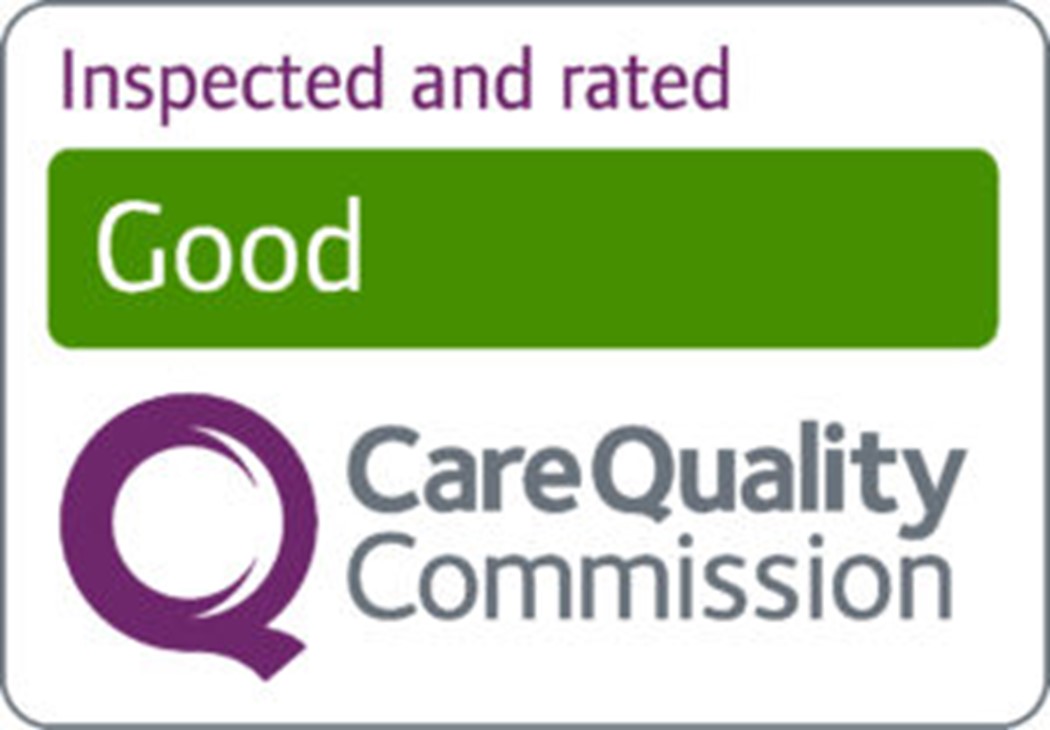Palliative care aims to enhance the quality of life for patients with terminal diseases. It is for anybody with a severe or chronic disease, not simply those who are towards the end of their life. Palliative care aims to relieve suffering, control symptoms, and offer patients and their family psychological and spiritual support. We shall discuss the five stages of palliative care, their objectives, and what each step entails in this post.
1st Stage Assessment
Assessment is the first step in palliative care. A thorough assessment of the patient’s physical, emotional, and spiritual requirements is required. Identifying the patient’s particular needs and creating a treatment plan to meet them are the goals of this stage. A multidisciplinary team of medical experts, including doctors, nurses, social workers, and other healthcare workers, conduct the assessment.
During this phase, the team will assess the patient’s pain, symptoms, functional level, and general well-being. Also, they will evaluate the patient’s psychological, spiritual, and cultural requirements and personal values. The team will use this data to create a care strategy that considers each patient’s goals and needs.
2nd Stage Pain and symptom management
Management of pain and symptoms is the second step of palliative care. In this phase, the patient’s physical symptoms are relieved, and their quality of life is enhanced. The use of medication, physical therapy, or other treatments may be necessary for pain and symptom management.
The multidisciplinary team will collaborate with the patient to create a unique pain and symptom management strategy. The plan may include medication, complementary therapies, or other interventions to manage the patient’s symptoms.
3rd Stage Emotional and spiritual support
Providing emotional and spiritual support is the third stage of palliative care. This stage’s objective is to help the patient and their loved ones as they face the difficulties of a life-limiting disease. Counseling, social work, or other forms of support may be used to provide emotional and spiritual support.
The interdisciplinary team will attend to the patients and their family members’ emotional and spiritual needs. They could offer counseling or other types of assistance to aid patients and their families in overcoming the difficulties of a life-limiting disease.
4th Stage Advance care planning
Planning forward for future care is the fourth step of palliative care. This phase’s objective is to assist patients and their families in making future care plans. The use of advance directives, such as living wills and durable powers of attorney for healthcare, as well as talks about the patient’s objectives and preferences for treatment, are all examples of advanced care planning.
An advanced care plan that reflects the patient’s objectives and preferences for care will be created by the multidisciplinary team in collaboration with the patient and their family members. The plan could specify end-of-life care guidelines, such as requests for resuscitation or other therapies.
5th Stage Bereavement care
Bereavement care is the fifth stage of palliative care. When the patient has gone away, the purpose of this stage is to help the patient’s family. Bereavement care may include counseling or other types of assistance to assist family members in overcoming their sorrow and loss.
When the patient has passed away, the multidisciplinary team will work with the patient’s family to offer bereavement care. They could provide therapy or other types of assistance to assist family members in coping with their sorrow and loss.
What is the purpose of the assessment stage in palliative care?
In conclusion, the assessment phase is an essential component of palliative care that aids in identifying the particular requirements of each patient and creating a care plan that considers those needs. The patient’s physical, emotional, and spiritual conditions are thoroughly assessed during this phase. This enables the multidisciplinary team to create a unique treatment plan centered on the patient’s preferences and objectives.
A complete evaluation will enable the team to offer appropriate pain and symptom treatment, emotional and spiritual support, advance care planning, and bereavement care, which may significantly enhance the patient’s and their family members’ quality of life. As a result, the evaluation stage is a crucial part of palliative care that guarantees patients the support and care they require during a trying and challenging period.
FAQ’s
-How can advanced care planning help ensure the best quality of life for palliative care patients?
By giving palliative care patients the ability to make decisions about their future care based on their goals and preferences, lowering stress and uncertainty, and ensuring that their wishes are respected and carried out even if they are unable to express them at the end of their lives, advance care planning contributes to the best possible quality of life for these patients.
-Why is advance care planning important in palliative care?
The ability of patients to make decisions about their future care based on their goals and preferences is one of the most important aspects of advance care planning in palliative care because it helps patients reduce stress and uncertainty and ensures that their wishes are respected and carried out even if they are unable to communicate those wishes near the end of their lives.

